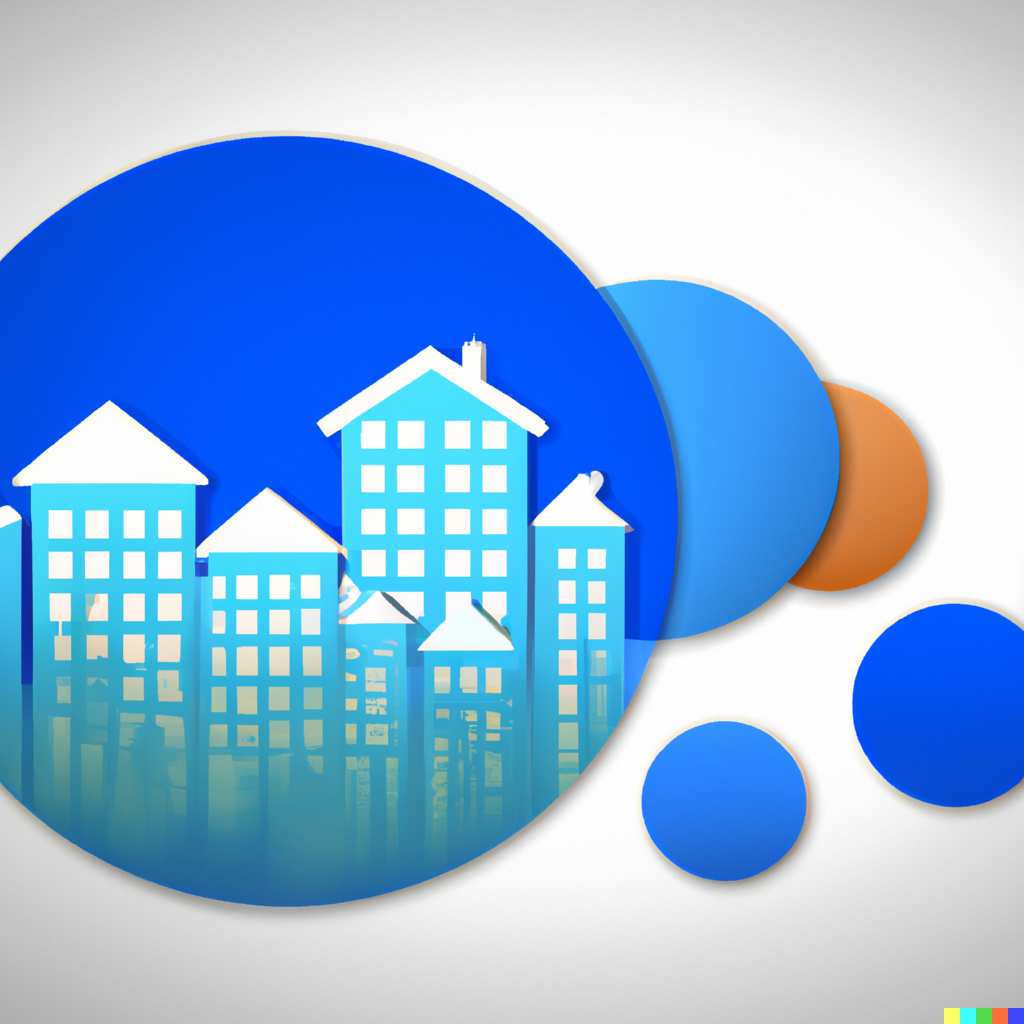May 22 | Property Technology PropTech

The real estate industry, long known for its resistance to change, is undergoing a rapid digital transformation thanks to the rise of Property Technology, commonly known as PropTech. From AI-powered property management systems to blockchain-enabled transactions, PropTech is redefining how we buy, sell, rent, manage, and invest in property.
In this article, we’ll explore what PropTech is, why it matters, its key categories, notable trends, and what the future may hold for this disruptive sector.
Property Technology (PropTech) refers to the use of digital solutions, platforms, and technologies designed to optimize the way real estate is bought, sold, developed, and managed. It merges property with technology, aiming to increase efficiency, transparency, and customer experience across the real estate value chain.
It includes a broad range of technologies such as:
Real estate is one of the largest asset classes globally, yet it has traditionally lagged behind sectors like finance or retail in digital adoption. PropTech introduces a new paradigm where data-driven decisions, automation, and connectivity reshape how properties are transacted and managed.
Here are a few reasons why PropTech is critical:
PropTech encompasses a wide spectrum of applications. Here are some major categories:
Focuses on digitizing property transactions, mortgages, and investment platforms.
Utilizes sensors, automation, and connectivity to create intelligent infrastructure.
Innovations that improve building methods, project management, and material usage.
Software for landlords, property managers, and tenants to streamline communication and operations.
Enhances property visualization through immersive technologies.
Used for secure, transparent, and tamper-proof property transactions.
The evolution of PropTech is being driven by technological advancements and changing user expectations. Here are some key trends:
AI tools can analyze vast datasets to predict property values, identify investment opportunities, or detect fraudulent activity.
With growing ESG (Environmental, Social, Governance) concerns, PropTech firms are offering green building tech and carbon footprint tracking.
Driven by remote work and hybrid models, platforms now optimize shared workspaces, co-living spaces, and short-term leases.
A digital replica of physical assets, used for monitoring, planning, and optimization in real-time.
Allows for fractional ownership and liquidity in traditionally illiquid assets through blockchain technology.
Despite its promise, PropTech faces hurdles:
PropTech is poised to play a central role in the digital economy. As technology continues to evolve, we can expect:
Ultimately, PropTech is not just a tech movement—it’s a mindset shift toward efficiency, intelligence, and experience-first real estate.
The real estate sector is undergoing a once-in-a-generation transformation driven by technology. Whether you're an investor, a developer, a property manager, or a homebuyer, PropTech is reshaping the way you engage with the built environment. Embracing this shift isn’t just about staying relevant—it's about unlocking new opportunities in a rapidly changing world.
As the digital and physical worlds continue to converge, PropTech will be the bridge that redefines the future of real estate.
SHARE THIS:
© Copyright 2026Global Tech AwardsAll Rights Reserved